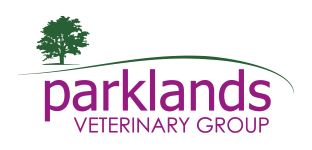Ask about our Puppy & Kitten Packs – only £65!
Packs include vaccine course, full veterinary consult, microchipping and more.
Ask in your branch today!
Packs include vaccine course, full veterinary consult, microchipping and more.
Ask in your branch today!

